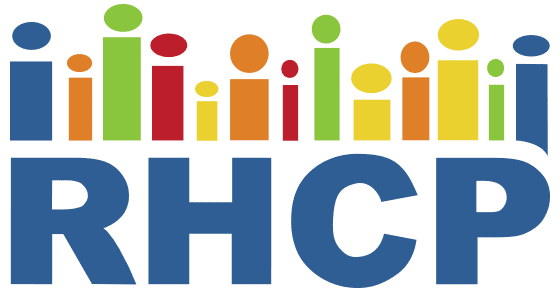Exploring factors impacting Hispanic/Latinx individuals' response to a type 2 diabetes digital storytelling intervention
Background: Hispanic/Latinx individuals have high prevalence of type 2 diabetes and its complications yet often face barriers in accessing diabetes prevention and self-managemenet interventions. One possible approach is to implement digital storytelling interventions, which involve narrative-driven videos made by individuals who have lived experience with particular conditions or illnesses. These stories can inspire viewers with similar life experiences to change behaviors or attitudes. Little is known about which characteristics influence how individuals respond to digital storytelling interventions with healthful behaviors and improved outcomes - information necessary to further tailor these interventions to improve type 2 diabetes outcomes. Previously, the Rochester Healthy Community Partnership used the digital storytelling process to develop Stories for Change Diabetes and tested intervention effectiveness.
Methods: We conducted a secondary analysis to examine the sociodemographic and disease-related factors that affected participants’ responses to the Stories for Change Diabetes intervention. Drawing on Social Cognitive Theory and Culture-Centric Health Promotion principles, we analyzed results from the 227 intervention participants stratified by whether they experienced a clinically meaningful decrease (>0.5%) in hemoglobin A1c between baseline and three-month follow-up. We used multivariable logistic regressions to identify factors associated with change in hemoglobin A1c.
Results: Participants with diabetes duration <5 years and/or whose diabetes self-efficacy improved between baseline and 3-month follow-up were more likely to experience a meaningful decrease in hemoglobin A1c at three months (compared to participants without those characteristics).
Conclusion: These findings will provide insight into how digital storytelling interventions can be effectively tailored to a Hispanic/Latinx individuals most likely to benefit.

